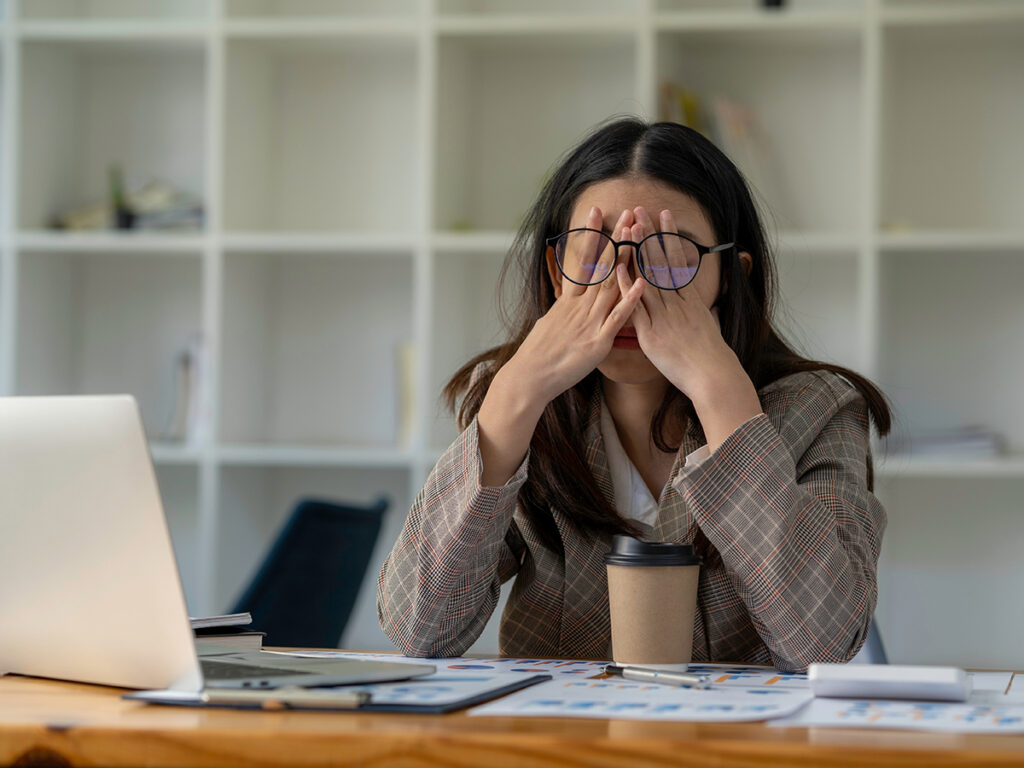Sleepless in Australia: Financial stress fuels a national sleep crisis demanding urgent solutions.
This year, sleep has escalated from a common concern to a critical issue in Australia, exacerbated by a 47% rise in financial stress. The Australian Institute of Health and Welfare has linked this stress to an increase in sleep disturbances nationwide. Notably, a 2023 report reveals that 80% of Australians struggle with falling asleep, with only 49% achieving adequate rest. Additionally, 62% experience regular sleep disruptions, and 44% depend on caffeine to stay awake.

The crux of the sleep crisis stems from financial stress and inflation, making relaxation before bed a challenge and leading to reliance on substances like alcohol, which has seen a consumption increase from 11% in 2020 to 21% in 2023. The use of sleep medication has also spiked by 40% over the last decade, underscoring the severity of sleep issues.

Sleeplessness profoundly affects workplace productivity, with sleep-deprived employees being 40% less productive, 30% more likely to be absent, and five times more likely to commit errors. The Australian Psychological Society’s 2023 report further highlights that sleep deprivation exacerbates irritability, anger, and emotional instability, deteriorating workplace relationships.
The call to action is clear: addressing sleep is imperative. An overwhelming 98% of those on sleeping medication seek alternatives, evidenced by a 120% increase in searches for “Best sleep remedies Australia” since 2020.
Remarkably, 82% of Australian women now rank sleep as their primary health goal, outpacing both fitness and nutrition. The urgency to find solutions and reclaim control over sleep, for the sake of both personal well-being and professional efficiency, has never been greater. Sleep isn’t just a necessity; it’s a superpower that, when harnessed, can unlock unprecedented productivity and success.
By Olivia Arezzolo
Images: Shutterstock







